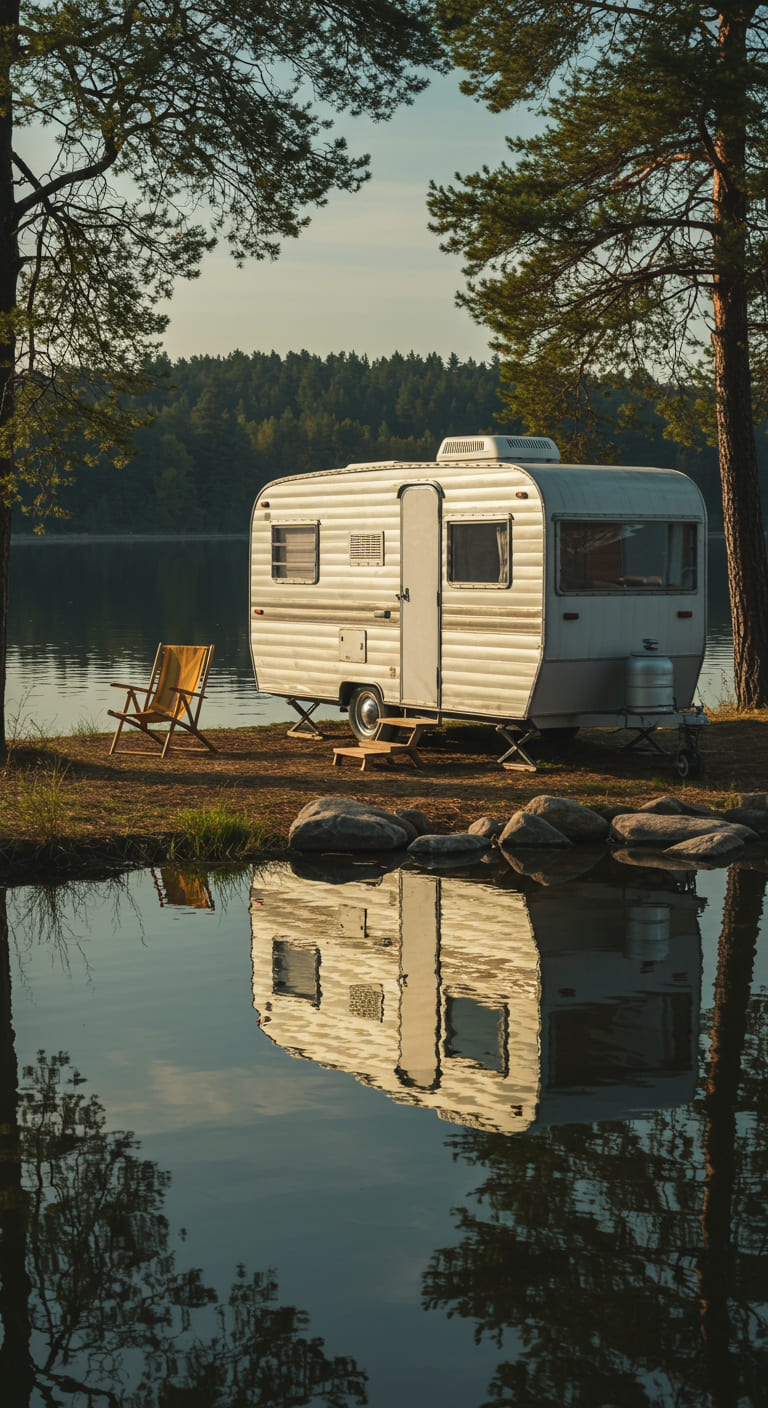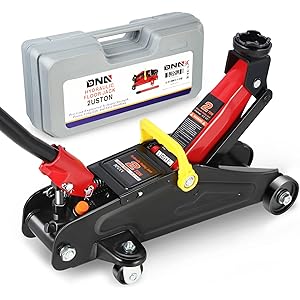As I embarked on my journey to explore the world of housing, I found myself intrigued by modular homes. These structures, often hailed for their innovative design and efficiency, present a unique alternative to traditional homes. With an increasing number of people seeking sustainable and affordable living options, I decided to dive deep into the pros and cons of modular homes. In this article, I will share my insights, backed by research and personal reflections, to help you make an informed decision about whether a modular home is right for you.
Understanding Modular Homes
Before I dive into the pros and cons, it’s essential to understand what modular homes are. Unlike traditional homes that are built on-site, modular homes are constructed in sections, or modules, in a factory setting. These modules are then transported to the home site and assembled on a foundation. This approach not only speeds up the construction process but also allows for greater quality control.
The Pros of Modular Homes
1. Cost-Effectiveness
One of the primary reasons I was drawn to modular homes is their affordability. The factory setting reduces labor costs, and the efficiency of the construction process often results in significant savings. According to the National Association of Home Builders (NAHB), modular homes can cost 10 to 20 percent less than traditional homes. Here are some additional financial advantages:
- Lower overall building costs due to streamlined construction.
- Reduced waste, leading to more savings.
- Potential for lower property taxes, as modular homes are often assessed at a lower value than traditional homes.
2. Speed of Construction
When I learned about the speed of construction associated with modular homes, I was amazed. The entire process can take as little as a few months, whereas traditional homes can take up to a year or more. Modular homes are built in a controlled environment, which means they aren’t delayed by weather conditions. Here’s what this means for homeowners:
- Quick turnaround time allows for faster occupancy.
- Less time spent living in temporary housing.
- Increased efficiency leads to lower financing costs.
3. Energy Efficiency
Energy efficiency is becoming increasingly important to homeowners today. Modular homes are often built with energy-efficient materials and techniques, which can significantly reduce utility bills. For instance, many modular homes come equipped with:
- High-quality insulation that minimizes energy loss.
- Energy-efficient windows and doors.
- Modern heating and cooling systems that are more efficient than older models.
According to the U.S. Department of Energy, energy-efficient homes can save homeowners hundreds of dollars annually on energy costs.
4. Customization Options
One might think that modular homes lack the charm and customization options of traditional homes, but that’s a misconception. Many modular home manufacturers offer a range of customizable layouts and designs. This flexibility allows homeowners to:
- Choose floor plans that suit their lifestyle and family size.
- Select finishes and materials that reflect their personal style.
- Incorporate eco-friendly features, such as solar panels and rainwater harvesting systems.
5. Quality Control
As modular homes are built in a factory setting, they undergo rigorous quality control measures. This results in a higher-quality product compared to traditional construction, which can vary dramatically based on the contractor and location. Some aspects of quality control include:
- Consistent building materials that meet specific standards.
- Thorough inspections at various stages of construction.
- Reduced risk of construction errors due to a controlled environment.
The Cons of Modular Homes
1. Financing Challenges
While modular homes offer many advantages, they are not without their challenges. One of the significant hurdles is financing. Traditional mortgage lenders may be hesitant to finance modular homes due to misconceptions about their value. Here’s what I found:
- Some lenders may consider modular homes as personal property rather than real estate.
- Higher interest rates compared to traditional homes.
- Limited options for FHA loans and VA loans.
2. Depreciation Concerns
Another concern I came across is the potential for depreciation. Unlike traditional homes, which often appreciate in value over time, modular homes may not hold their value as well. This can be attributed to:
- Perceptions of modular homes as less desirable.
- Location and land value affecting overall home value.
- Market fluctuations impacting resale potential.
3. Limited Availability of Builders
Finding a reputable builder for modular homes can sometimes be a challenge. While many manufacturers offer a variety of designs, not all builders are experienced with modular construction. This can lead to:
- Limited local options for customization and assembly.
- Potential issues with quality if the builder lacks experience.
- Difficulty in finding a builder who can meet local zoning regulations.
4. Zoning and Permitting Issues
Before I delved into the world of modular homes, I was unaware of the zoning and permitting challenges that could arise. Depending on the location, some areas may have strict regulations regarding modular homes. Homeowners may face:
- Restrictions on where modular homes can be placed.
- Lengthy permitting processes that delay construction.
- Potential community resistance to modular homes.
5. Resale Market Limitations
Lastly, the resale market for modular homes can be limited. While some buyers are open to purchasing modular homes, others may prefer traditional construction. This can lead to:
- Longer time on the market when selling.
- Lower offers from potential buyers.
- A smaller pool of interested buyers compared to traditional homes.
Case Studies: Real-Life Experiences
Success Stories
To provide a balanced perspective, I researched several case studies of homeowners who chose modular homes. One standout example is the story of a couple who built their dream modular home in a rural area. They highlighted several benefits:
- They saved over 15% on construction costs compared to building a traditional home.
- Their home was completed in just three months, allowing them to move in quickly.
- They appreciated the energy-efficient features, resulting in lower utility bills.
Another success story involved a family who customized their modular home to incorporate eco-friendly materials. They reported satisfaction with the quality of construction and the speed of the process, emphasizing that their home felt just as solid as any traditional build.
Challenges Faced
On the flip side, I also discovered stories of homeowners who faced challenges with modular homes. One couple shared their experience of financing their modular home. They struggled to find a lender willing to finance their purchase, which delayed their plans and added stress to the process.
Another family faced zoning issues when attempting to place their modular home in a neighborhood with strict regulations. They encountered resistance from neighbors who were skeptical about the quality and appearance of modular homes, causing additional delays.
Conclusion: Is a Modular Home Right for You?
Having explored the pros and cons of modular homes, I find myself reflecting on the overall experience. Modular homes offer a promising alternative to traditional construction, especially for those seeking affordability, speed, and energy efficiency. However, potential buyers must also navigate challenges related to financing, zoning, and resale value.
Ultimately, the decision to choose a modular home depends on individual circumstances and preferences. For those who prioritize cost savings and quick construction, modular homes can be an excellent choice. On the other hand, if potential resale value and financing are significant concerns, it may be worth considering traditional housing options.
As I conclude this exploration of modular homes, I encourage you to weigh the advantages and disadvantages carefully. Take the time to assess your needs, budget, and long-term goals before making a decision. The world of modular homes is full of possibilities, and I hope this article has provided you with valuable insights to make an informed choice.
FAQs
1. Are modular homes safe and durable?
Yes, modular homes are built to meet the same building codes and standards as traditional homes. They undergo rigorous inspections during the construction process to ensure safety and durability.
2. Can I customize my modular home?
Absolutely! Many modular home manufacturers offer a range of customizable options, allowing you to choose layouts, finishes, and features that suit your preferences.
3. How long does it take to build a modular home?
Typically, modular homes can be constructed in a matter of months, often taking as little as three months from start to finish, depending on the complexity of the design.
4. Can I get a mortgage for a modular home?
Yes, but it can be more challenging than obtaining a mortgage for a traditional home. It’s essential to work with lenders who are familiar with modular construction and financing options.
5. What are the ongoing maintenance costs for modular homes?
Ongoing maintenance costs for modular homes are generally comparable to traditional homes. Regular upkeep, such as roofing, plumbing, and electrical systems, will still apply.
Thank you for joining me on this journey to explore the world of modular homes. If you found this article helpful, I encourage you to share it with friends and on social media! Don’t forget to sign up for our newsletter for more insights and updates!
DNA MOTORING TOOLS-00234 Low Profile Hydraulic Trolley Service/Floor Jack, 2 Ton (4000 lbs) Capacity, Lifting Range 5.1"-13", Black
$55.99 (as of November 15, 2025 07:52 GMT -03:00 - More infoProduct prices and availability are accurate as of the date/time indicated and are subject to change. Any price and availability information displayed on [relevant Amazon Site(s), as applicable] at the time of purchase will apply to the purchase of this product.)
Sign up for our newsletter and stay up to date with exclusive news
that can transform your routine!





